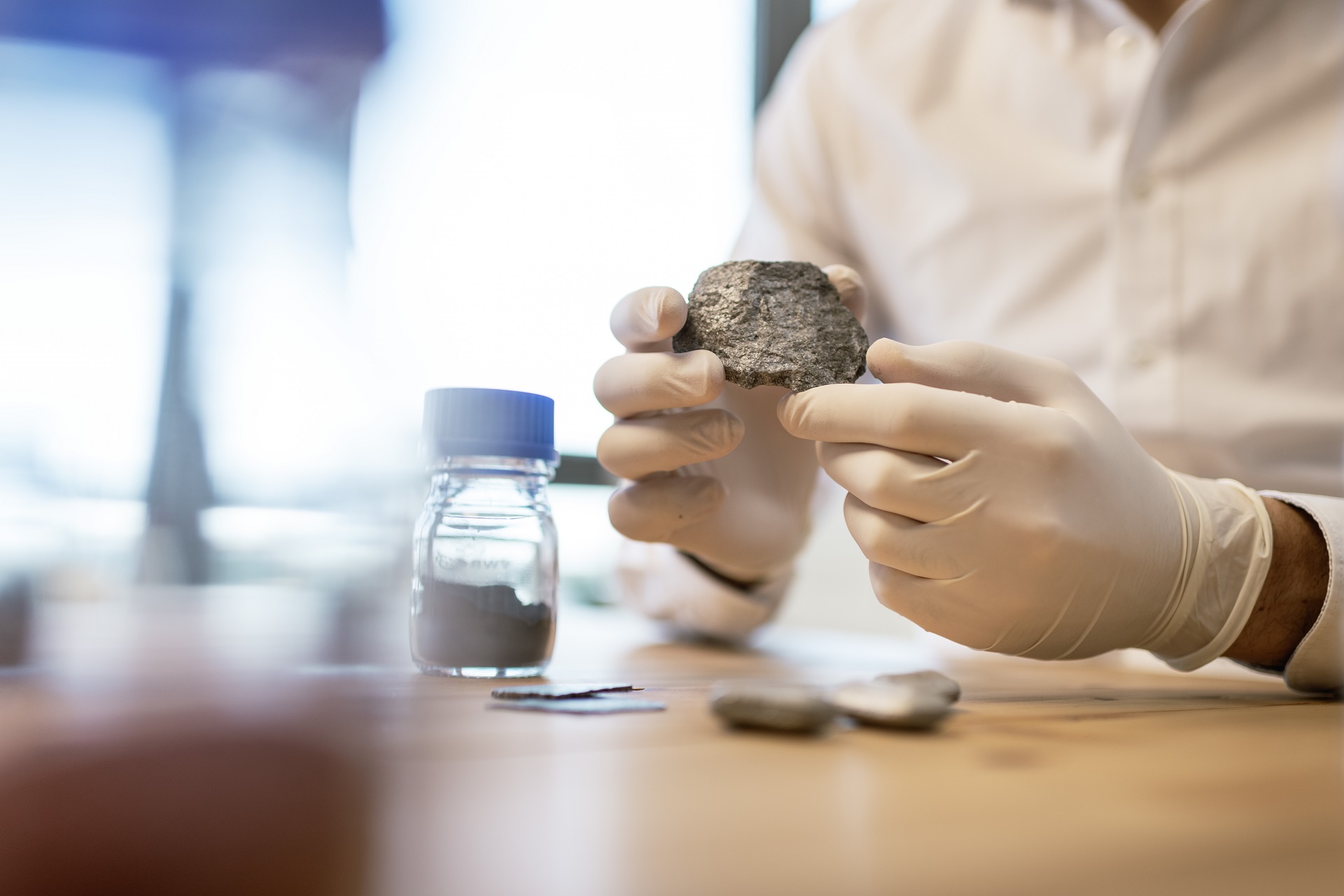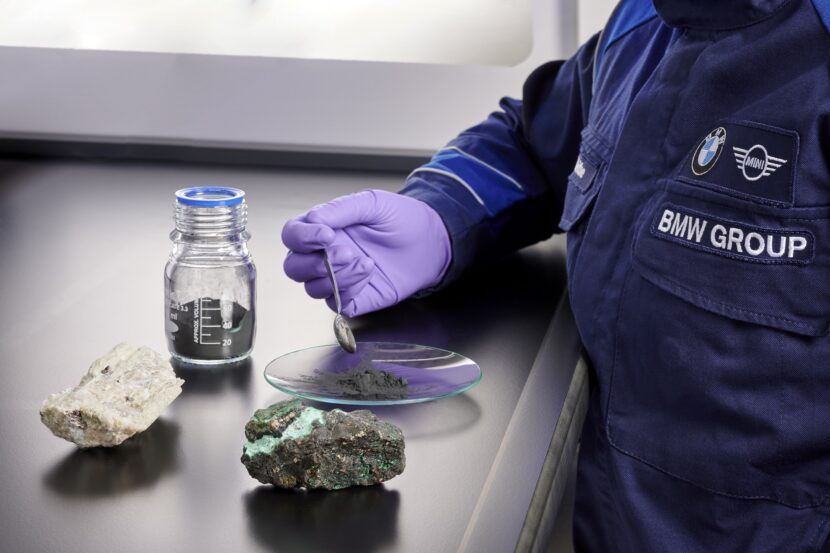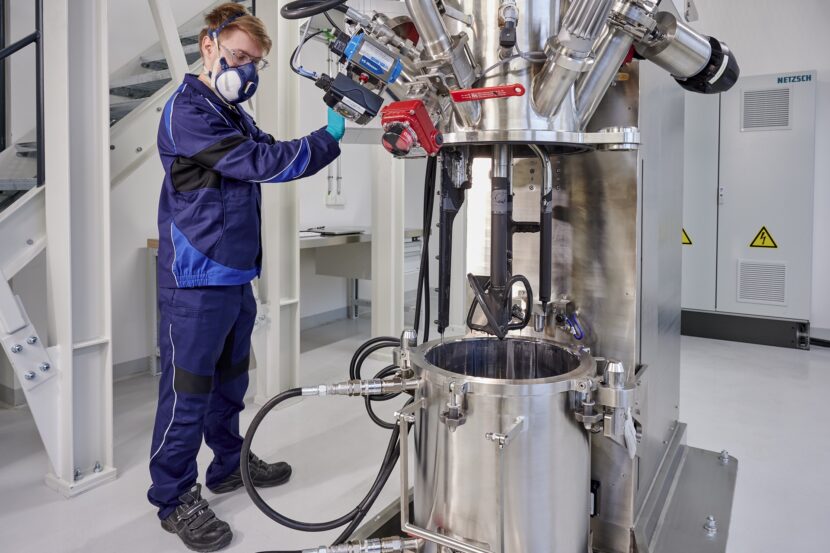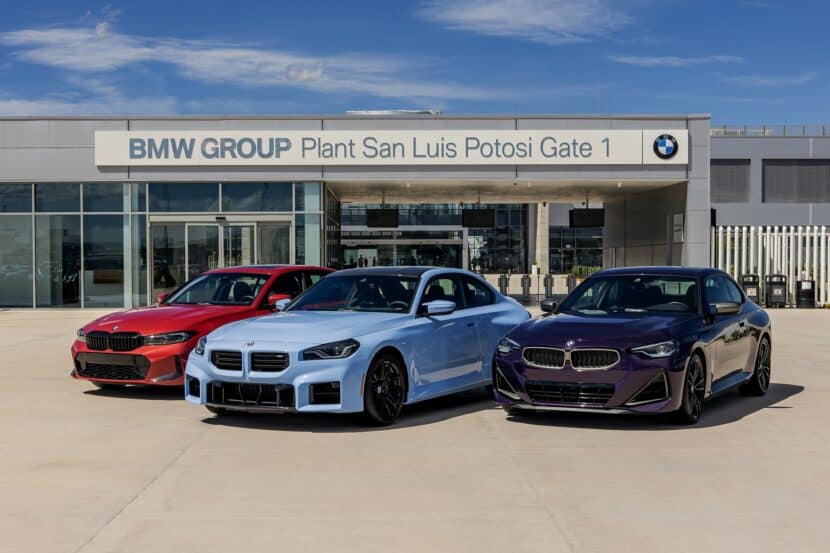BMW has been actively making efforts to increase the sustainability of its cars over the last few decades. One clear example comes from the BMW i sub-brand that basically wrote the book on how a sustainable car needs to be made in order to actually curve pollution. As BMW is gearing up for its EV charge on the market, the officials in Munich want to make sure all aspects are covered, from production and development of the cars down to the purchasing of everything needed for them.
That is why BMW announced that they will be focusing more on sustainability moving forward, as it could provide some more cutbacks in terms of CO2 emissions and the likes. “We believe sustainability is an integral part of all purchasing activities. So, as we accommodate the planned growth in electrified vehicles in the supplier network, we are at the same time integrating our sustainability requirements into all contract awards. In this way, we are taking sustainable development to the next level,” said Dr Andreas Wendt, member of the Board of Management of BMW AG responsible for Purchasing and Supplier Network.
The BMW iX is a good example in this regard. On the upcoming electric model, just by making sure the materials needed are purchased from the right vendors, BMW can achieve a CO2 cut of 17%, compared to the same car but without good practice. For the iX, the car maker relies on renewable green power to produce battery cells, for example and increased use of secondary materials. At the same time, use of critical raw materials is limited and has reduced the amount of cobalt in the cathode material for the current fifth-generation battery cells to less than 10%.
Another key element BMW has to keep in mind is the sourcing of raw materials for batteries. BMW already has agreements in place with four suppliers for the electric batteries that will be used on its future models. This will ensure that the parts will have a constant flow regardless of potential issues some manufacturers might have to deal with. However, BMW also wants to make sure the raw materials are sourced responsibly for these batteries.
For both raw materials, BMW Group Purchasing has therefore implemented additional measures to ensure cobalt extraction and processing takes place in compliance with sustainability standards and to avoid problems with working conditions, e.g. child labor. The company is therefore sourcing cobalt and lithium directly from the mines and making it available to battery cell suppliers.







































































